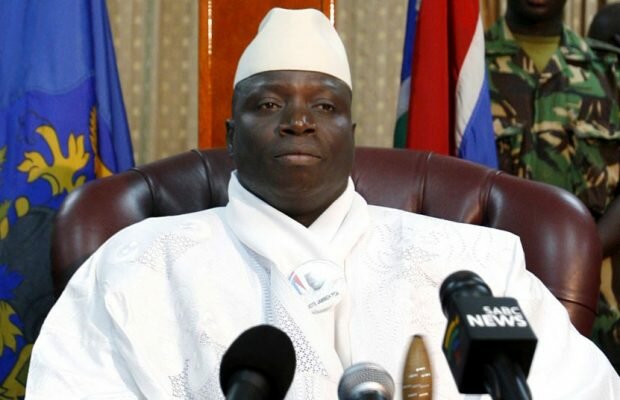Trump executive order pulls out of TPP trade deal
By BBC
President Donald Trump has fulfilled a campaign pledge by signing an executive order to withdraw from the Trans-Pacific Partnership (TPP).
The trade deal, a linchpin of ex-President Barack Obama’s Asia policy, was signed by 12 nations.
“Great thing for the American worker what we just did,” said Mr Trump as he dumped the pact with a stroke of a pen.
He also cut funding for international groups that provide abortions, and froze hiring of some federal workers.
During his presidential campaign, Mr Trump criticised the TPP as a “potential disaster for our country”, arguing it harmed US manufacturing.
What is the TPP?
- The trade deal, which covered 40% of the world’s economy, was negotiated in 2015 by nations including the US, Japan, Malaysia, Australia, New Zealand, Canada and Mexico
- TPP’s stated aim was to strengthen economic ties and boost growth, including by reducing tariffs
- It included measures to enforce labour and environmental standards, copyrights, patents and other legal protections
- The agreement was designed to potentially create a new single market likened to the EU
- Critics argued it was a not-so-secret gambit to box in China, which is not part of the agreement
Also on Monday morning, Mr Trump pledged to “massively” cut regulations and taxes on companies, but impose “a very major border tax” if they move factories outside the US.
“All you have to do is stay,” he told executives from 12 companies including Lockheed Martin, Under Armour, Whirlpool, Tesla and Johnson & Johnson.
After meeting the business leaders at the White House, Mr Trump pledged to lower corporate taxes to 15% or 20%, from the current 35%, and slash regulations by up to 75% if they keep jobs in the US.
The president is due to meet labour leaders in the afternoon.
Since winning the White House, Mr Trump has upbraided US companies that have moved factories overseas.
The US Senate will meanwhile vote on his nomination of Mike Pompeo to be CIA director.
Rex Tillerson’s nomination as secretary of state was effectively guaranteed on Monday as Senator Marco Rubio dropped his objections.
On Sunday, Mr Trump spoke by telephone with Israel Prime Minister Benjamin Netanyahu from the White House situation room.
Mr Trump said his conversation with Mr Netanyahu – who had a tense relationship with Mr Obama – was “very nice”.
A White House summary of the call did not mention Mr Trump’s plan to move the US embassy in Israel from Tel Aviv to Jerusalem, which would overturn two decades of US policy.
The Jerusalem Embassy Act of 1995 requires the US president to transfer the embassy to Jerusalem unless he certifies every six months that it is not in the national interest.
Every president since Bill Clinton has upheld the measure, and President Obama most recently did so on 1 December.
Mr Trump has until May to make a formal decision.
White House press secretary Sean Spicer said the administration was “at the very beginning stages of even discussing this subject”.
On Saturday, Mr Trump launched a stinging attack on media reporting of attendance figures and the weather at his inauguration.
During a heated exchange on NBC on Sunday, his senior adviser Kellyanne Conway said the White House had “alternative facts”, a phrase that quickly went viral.





